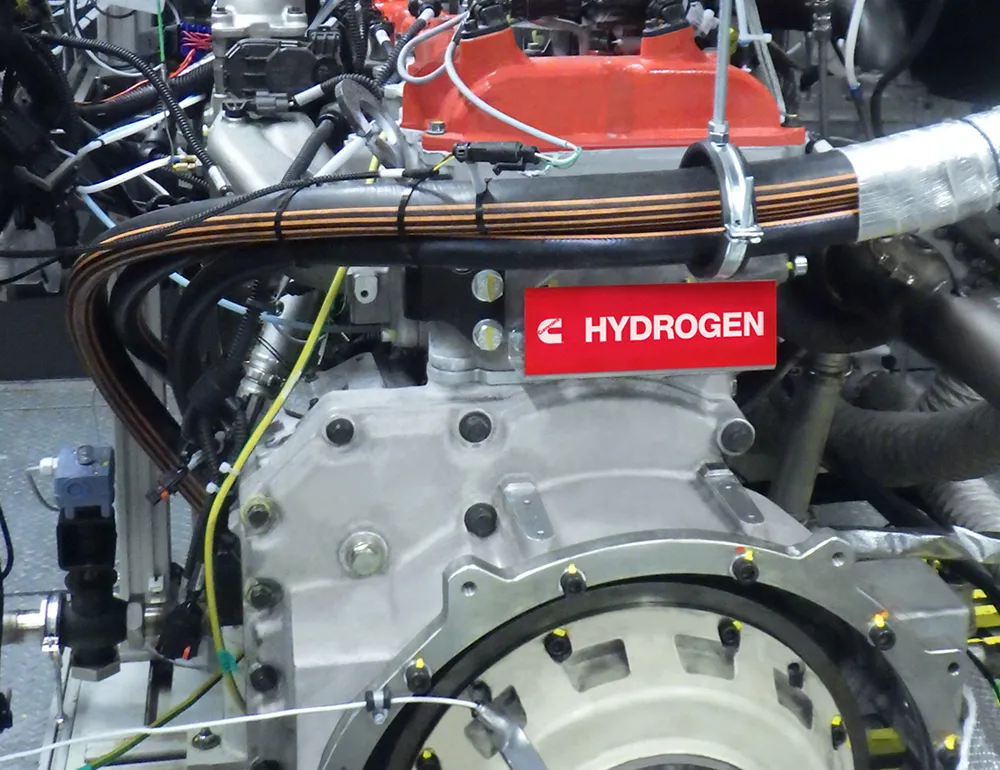Chinese manufacturers are keen to set a lead in the market for electric vehicles, which is seen as a major business opportunity for the future.
February 17, 2012
Read time: 2 mins
Chinese manufacturers are keen to set a lead in the market for electric vehicles, which is seen as a major business opportunity for the future. Professor CC Chan is president of the 2786 World Electric Vehicle Association and at a recent conference on electric vehicles he said, "By 2020, there is a potential for global EV totals of around 7-12% of total global production volumes."
Professor Chan is widely seen as a pioneer in the global EV field and he also claimed, "China will take a lead in the world, with electric vehicles making up to 15-20% of the total Chinese vehicle output by 2020."
An optimistic take on the market for EVs was presented and this suggests a potential for over two million of these vehicles worldwide by 2015. Even taking a more conservative outlook, professor Chan said that worldwide, electric vehicles could total 4% of the world's fleet by 2020, with 521,000 electric vehicles globally by 2015. He says that China is well placed to take advantage of this market potential due to factors such as low labour costs and a huge home market.
Professor Chan said he thinks that there are two possible routes for a market for millions of EVs. The first will be through persuading customers in markets such as the US, Europe and Japan to consider innovative electric vehicles as alternatives to combustion engine vehicles.
He said that the second will be through finding new customers, primarily from China and India, who require low cost EVs.
Collaborations between industries serving the two, along with collaborations with electric bike and two-wheel manufacturers, will lead to new technology breakthroughs and lower developmental and production costs, according to professor Chan. He added, "Real innovation won't take place until 2016, after second generation electric vehicles become available."
Cost reduction will need to go hand in hand with innovation in order to achieve a consumer 'mass market.' In addition, he believes that components for hybrids will become integrated and simpler. Currently, electric vehicles use about 5,000 parts as opposed to internal combustion engine (ICE) vehicles, which use about 30,000 parts.
Professor Chan is widely seen as a pioneer in the global EV field and he also claimed, "China will take a lead in the world, with electric vehicles making up to 15-20% of the total Chinese vehicle output by 2020."
An optimistic take on the market for EVs was presented and this suggests a potential for over two million of these vehicles worldwide by 2015. Even taking a more conservative outlook, professor Chan said that worldwide, electric vehicles could total 4% of the world's fleet by 2020, with 521,000 electric vehicles globally by 2015. He says that China is well placed to take advantage of this market potential due to factors such as low labour costs and a huge home market.
Professor Chan said he thinks that there are two possible routes for a market for millions of EVs. The first will be through persuading customers in markets such as the US, Europe and Japan to consider innovative electric vehicles as alternatives to combustion engine vehicles.
He said that the second will be through finding new customers, primarily from China and India, who require low cost EVs.
Collaborations between industries serving the two, along with collaborations with electric bike and two-wheel manufacturers, will lead to new technology breakthroughs and lower developmental and production costs, according to professor Chan. He added, "Real innovation won't take place until 2016, after second generation electric vehicles become available."
Cost reduction will need to go hand in hand with innovation in order to achieve a consumer 'mass market.' In addition, he believes that components for hybrids will become integrated and simpler. Currently, electric vehicles use about 5,000 parts as opposed to internal combustion engine (ICE) vehicles, which use about 30,000 parts.






